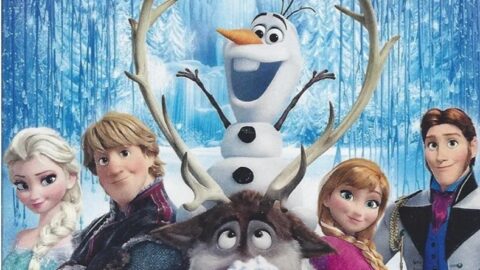How Values Shape a Man in Different Times and Seasons
The values a society prioritizes determine the kind of people it produces in each generation. When the focus shifts, so does the nature of man in that time.
Wisdom vs. Utility: The Role of Elders in Society
Historically, many civilizations valued wisdom over material success. Elders were revered because they carried the knowledge of survival, morality, and culture—a necessity when life changed slowly.
- Indigenous cultures had elders who preserved oral traditions, guiding younger generations through wisdom.
- Ancient societies like Greece and China built their cultures around philosophers and sages, ensuring each generation inherited not just tools, but wisdom.
- Medieval Europe revered older craftsmen, monks, and scholars because they passed down deep insights, not just practical skills.
However, as modernity accelerated, industrialization shifted the priority from wisdom to economic productivity. Today, elders are often seen as obsolete because their knowledge doesn’t directly drive GDP or technological innovation.
The Illusion of Intelligence in a Rapidly Changing World
George Orwell’s quote touches on a timeless arrogance:
“Every generation imagines itself to be more intelligent than the one that went before it, and wiser than the one that comes after it.”
Each generation believes they are superior because they measure intelligence based on their own era’s values:
- The industrial age valued mechanical skill and looked down on the agrarian past.
- The digital age values tech literacy and dismisses those who don’t adapt.
- Future generations may prioritize AI integration and see today’s youth as obsolete “biological-only” beings.
This arrogance is a trap—assuming that past generations were foolish because they didn’t have our tools ignores the deep wisdom they developed through experience.
The Decline of Wisdom: A Society Without Elders
When a society values comfort, technology, and efficiency over wisdom, tradition, and philosophy, it produces:
- Old men who are no longer mentors, just retirees.
- Young men who are not students of history, but slaves to trends.
- A culture obsessed with novelty, but unable to understand consequences.
This shift creates a cycle of shallowness, where each new generation lacks deep roots in morality, meaning, and long-term thinking. The more we worship the “new” and discard the “old,” the less we learn from past mistakes.
Can We Adapt Fast Enough?
The question asked:
“Is change happening so fast now that we are unable to adapt to it?”
Yes and no. While humans have always adapted to change, we are now facing exponential shifts in technology that outpace biological and cultural adaptation. Wisdom, which once stabilized societies, is being discarded too quickly for new values to take its place.
The result?
- We are technologically advanced but spiritually lost.
- We can solve complex problems but struggle with basic human relationships.
- We invent AI but don’t know how to raise wise men.
The Path Forward: Restoring Wisdom in a Changing World
To create a society that balances progress with wisdom, we must:
- Reinstate mentorship—elders should guide, not just retire.
- Value deep learning—understanding principles, not just trends.
- Encourage self-reflection—prioritizing wisdom over immediate success.
- Question rapid change—adapting consciously, not blindly.
If we fail to do this, future generations will look back at us as the generation that lost wisdom forever. Not because we lacked intelligence, but because we stopped listening.







